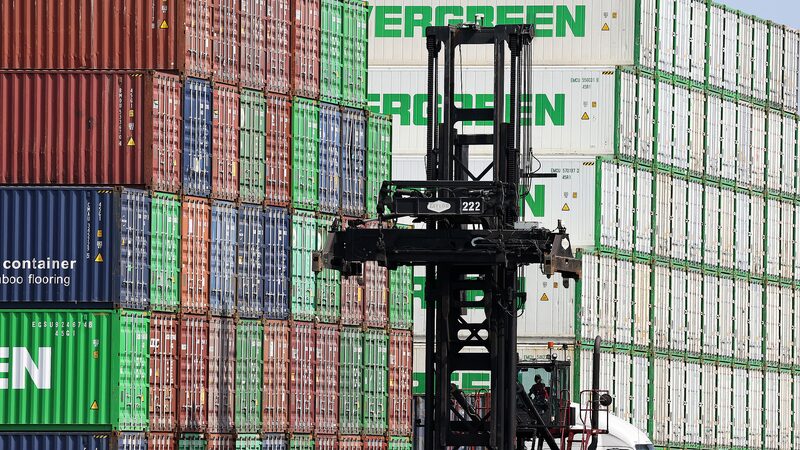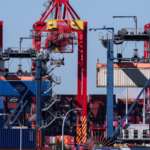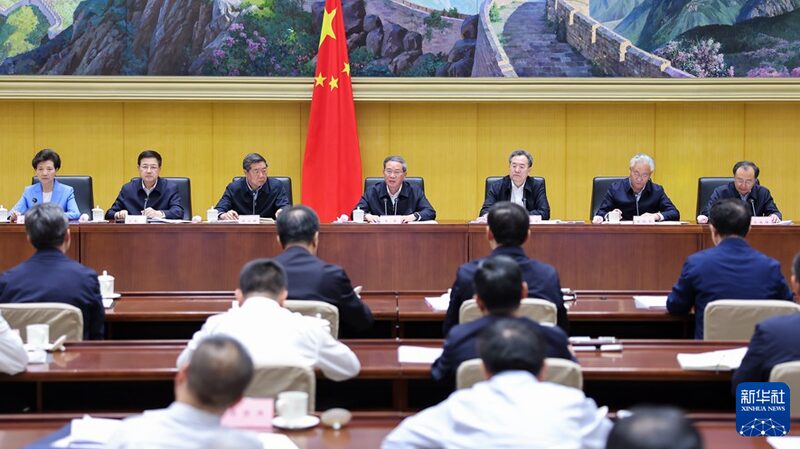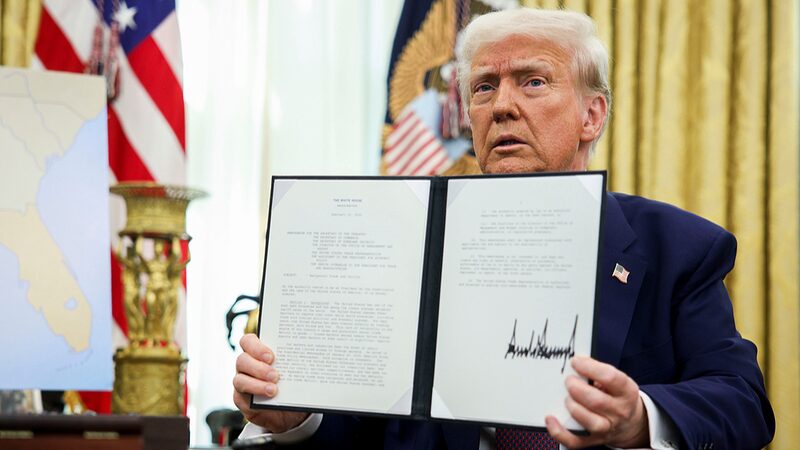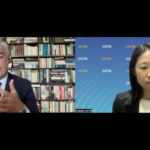Recent U.S. efforts to enforce "reciprocal tariffs" on trading partners have triggered widespread economic turbulence, with ripple effects destabilizing markets and reshaping global supply chains. As tensions escalate, analysts warn these measures risk undermining America's own economic stability while accelerating shifts in international trade dynamics.
Investors Flee as Dollar Weakens
Financial markets are sounding alarms as the U.S. Dollar Index hit a three-year low in April 2025, signaling eroding investor confidence. Massive sell-offs in Treasury bonds and capital flight from U.S. assets reflect growing fears of a potential "dollar confidence crisis." This uncertainty has driven multinational firms like NVIDIA to deepen ties with the Chinese mainland, seeking stability in Asia's largest economy amid escalating trade friction.
Agricultural Exports Face Collapse
U.S. farmers brace for severe losses as China pivots to Brazilian and Argentine soybean suppliers in response to tariff pressures. With the Chinese mainland historically absorbing over 60% of U.S. soybean exports, agricultural communities warn of irreversible market damage. "Washington's gamble sacrifices rural livelihoods for manufacturing revival," notes Peng Delei, professor at East China University of Science and Technology.
As global supply chains reconfigure, experts caution that America's tariff strategy risks isolating its economy while strengthening Asian trade blocs. The World Trade Organization reports a 12% quarterly drop in U.S. export volumes since the measures began, suggesting long-term consequences may outweigh short-term political gains.
Reference(s):
Multiple negative effects of US "reciprocal tariffs" becoming evident
cgtn.com

